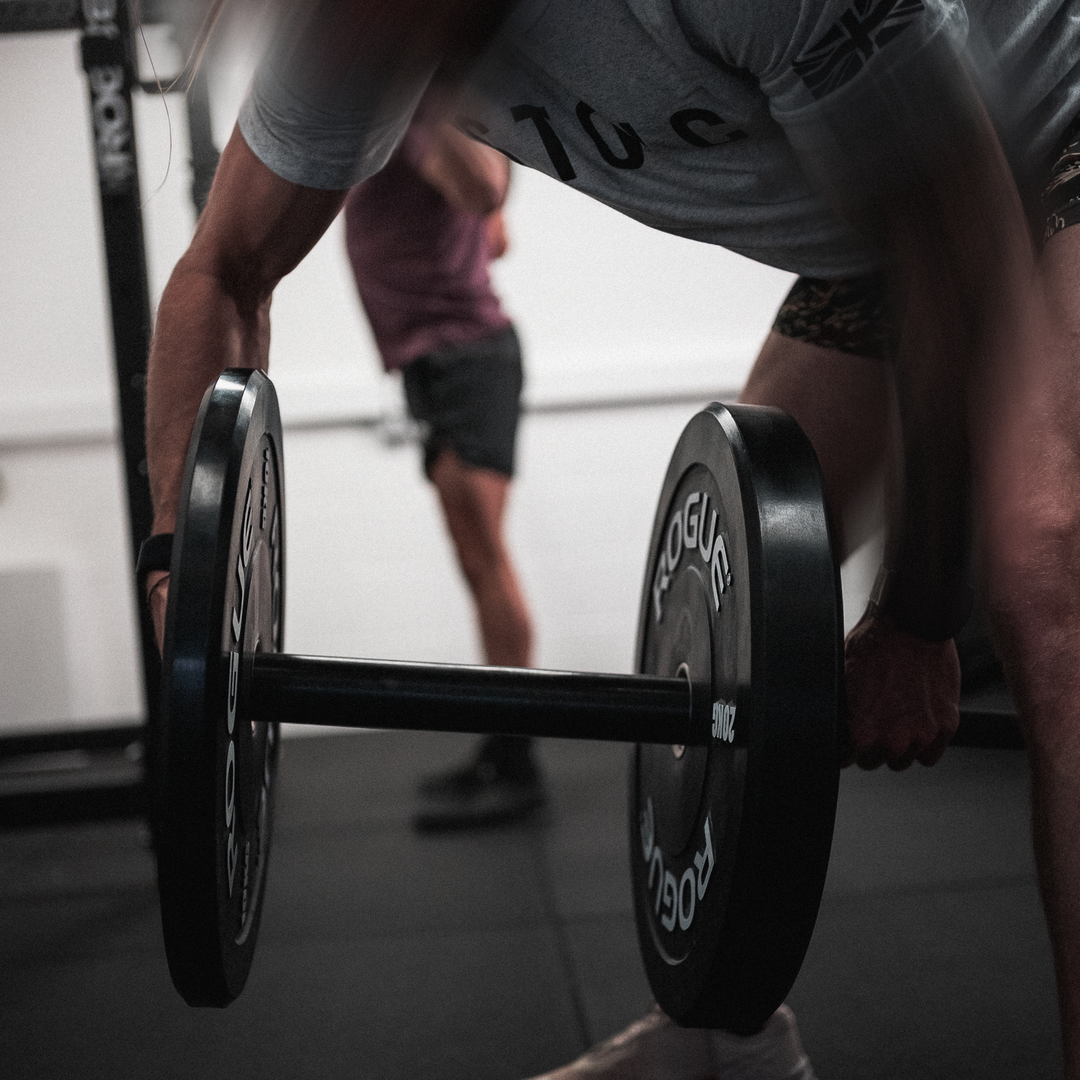ENHANCING ATHLETIC PERFORMANCE: THE POWER OF BETA-ALANINE

Introduction
In the realm of athletic performance, maximising physical and mental capabilities is a constant pursuit. To achieve peak performance, athletes and military personnel alike are always seeking out new ways to optimise their training and preparation.
Beta-alanine is a supplement that has gained attention in recent years for its effects on improving performance, particularly in the endurance domain. We’ve discussed some of the benefits of beta-alanine in previous articles, this article will further explore the benefits, mechanisms, and practical applications of beta-alanine supplementation, with a focus on its potential impact on military personnel.
Understanding Beta-Alanine
Beta-alanine is a non-essential amino acid that, when consumed or supplemented, will increase the levels of carnosine in skeletal muscle. Carnosine acts as an intracellular buffer, helping to maintain optimal pH levels during intense exercise. By increasing your carnosine concentrations, beta-alanine supplementation may delay the onset of muscular fatigue, ultimately leading to enhanced athletic performance.
Enhancing High-Intensity Exercise
Beta-alanine supplementation has been primarily studied in the context of high-intensity, short-duration activities lasting between 60 seconds to 10 minutes. Examples of such exercises include repeated sprints, interval training, and military training drills. By delaying the accumulation of hydrogen ions, which contribute to muscle acidosis, beta-alanine can potentially extend the time to exhaustion and increase work output during these intense activities.
Practical Applications for Military Personnel
Military personnel face unique physical demands that require optimal performance in a variety of tasks. Endurance, strength, and mental resilience are all crucial attributes for success in military training as well as on Operations. Beta-alanine supplementation may offer potential benefits to enhance the performance of military personnel in several key areas:
- Endurance: In prolonged military operations or physically demanding tasks, beta-alanine supplementation may help delay muscular fatigue, allowing soldiers to maintain a higher level of performance for a longer period. For example, during extended periods of physical exertion or marches, beta-alanine could aid in sustaining a consistent pace and preventing premature exhaustion.
- Strength and Power: Intense bursts of strength and power are often required in military operations, such as carrying heavy loads or during CQC drills. Beta-alanine supplementation has shown the potential to enhance anaerobic performance, leading to improved strength and power output during these short-duration, high-intensity efforts.
- Mental Resilience: Training and Operations place immense stress on individuals, both physically and mentally. The ability to maintain focus and mental resilience under pressure is paramount. While more research is needed, some studies suggest that beta-alanine (much like Creatine Monohydrate) may indirectly enhance cognitive function by reducing the impact of physical fatigue on mental performance. This may prove beneficial for military personnel facing prolonged periods of cognitive and physical demands.
Considerations and Dosage
When considering supplementing with beta-alanine, it is important to note that the effects will take some time to kick in and will not be immediately noticeable. The gradual increase in muscle carnosine levels typically takes several weeks of consistent supplementation to reach optimal levels. One of the side effects of supplementing with beta-alanine is paresthesia or a prickly sensation in your skin.
To minimise these side effects and to dose optimally, it is advisable to start with lower doses (e.g., 2-3 grams per day) and gradually increase to the recommended dosage of 4-6 grams per day as well as dividing the daily dose into smaller doses throughout the day.
Table: Practical Dosage Guidelines for Beta-Alanine Supplementation
| Week | Dosage (grams/day) |
| 1-2 | 2-3 (1-2 grams taken 2-3 times a day). |
| 3-4 | 4-5 (2-3 grams taken 2-3 times a day). |
| 5+ | 6 (2-3 grams taken 2-3 times a day). |
Conclusion
Beta alanine supplementation has a lot of potential to enhance athletic performance, particularly in high-intensity, short-duration activities. Just like with any supplement, further research is needed to fully understand its effects and optimal dosing strategies. However, there is a multitude of evidence suggesting that beta-alanine would be a valuable supplement for military personnel seeking to improve endurance, strength, power, and mental resilience.
References
Harris, R. C., Tallon, M. J., Dunnett, M., Boobis, L., Coakley, J., Kim, H. J., & Wise, J. A. (2006). The absorption of orally supplied beta-alanine and its effect on muscle carnosine synthesis in human vastus lateralis. Amino acids.
Artioli, G. G., Gualano, B., Smith, A., Stout, J., & Lancha Jr, A. H. (2010). Role of beta-alanine supplementation on muscle carnosine and exercise performance. Medicine and Science in Sports and Exercise.
Saunders, B., Sale, C., Harris, R. C., & Sunderland, C. (2018). Effect of β-alanine supplementation on repeated sprint performance during the Loughborough Intermittent Shuttle Test. Amino acids.
Hobson, R. M., Saunders, B., Ball, G., Harris, R. C., & Sale, C. (2012). Effects of β-alanine supplementation on exercise performance: a meta-analysis. Amino acids.




